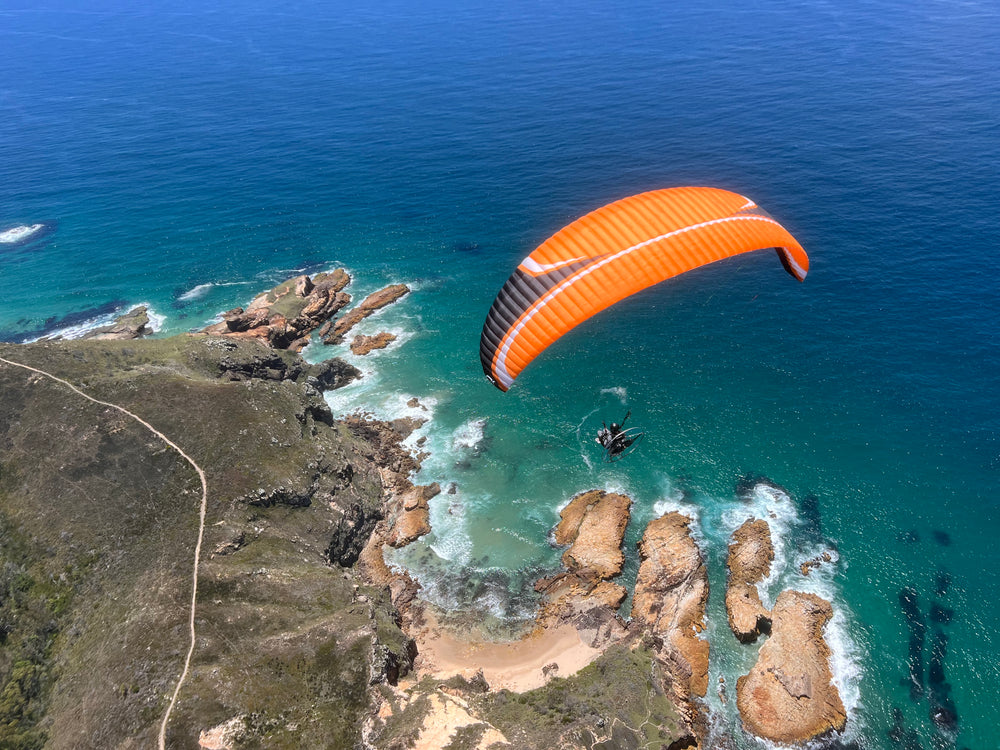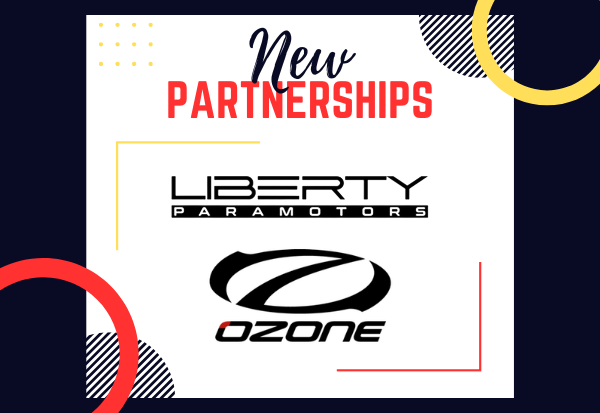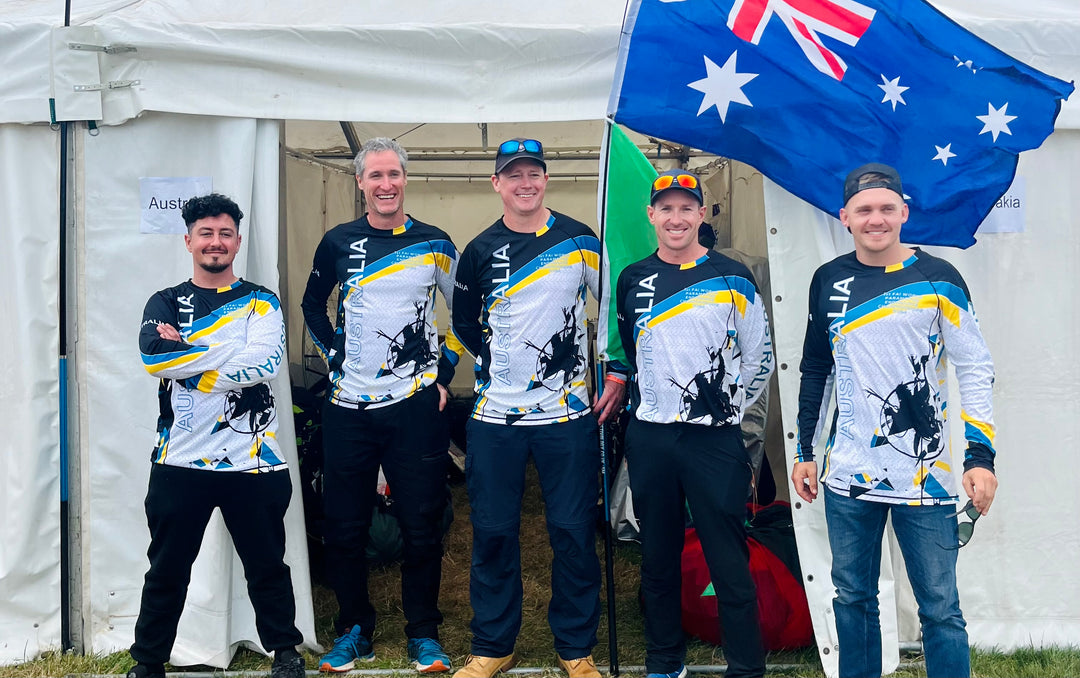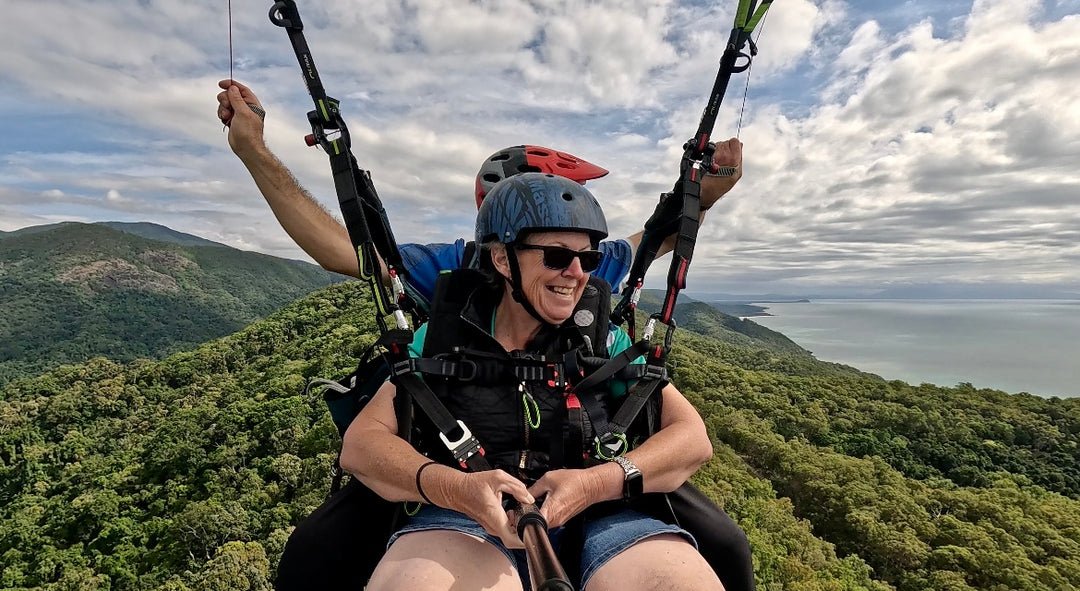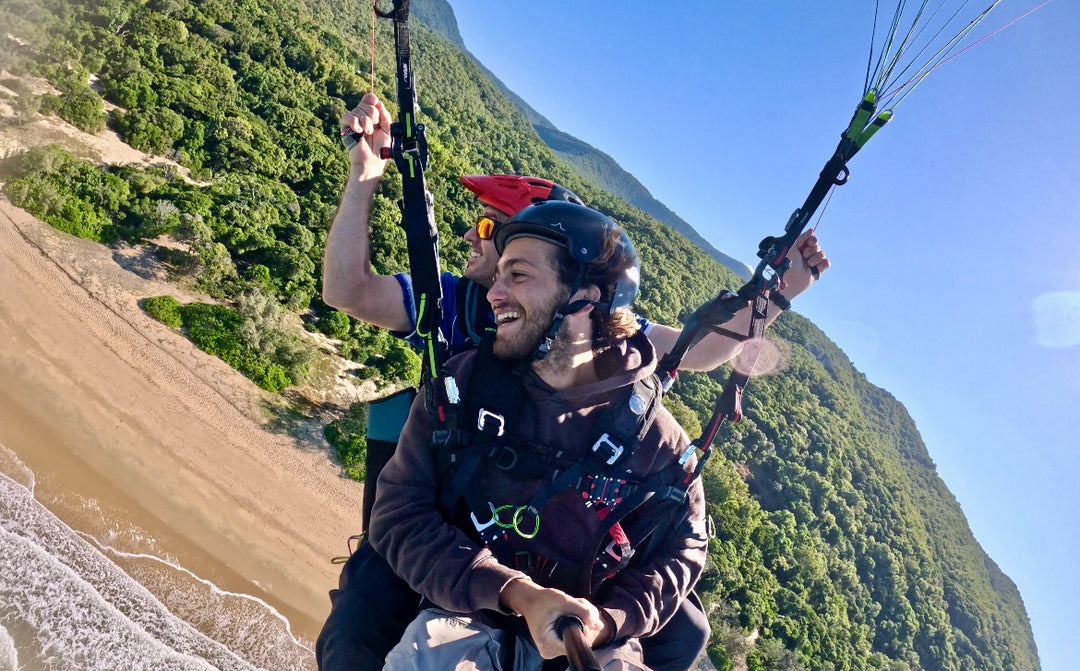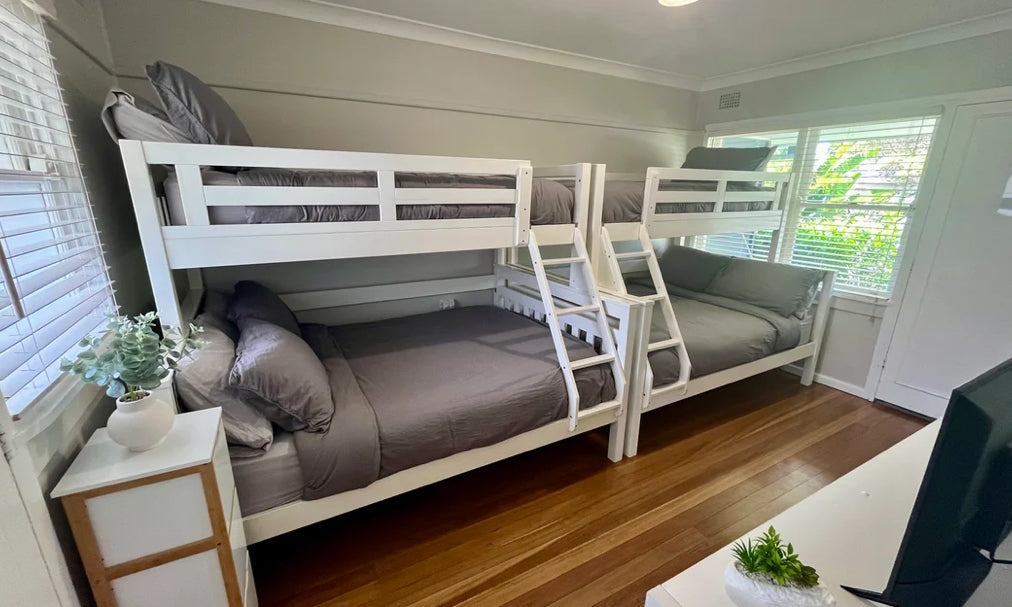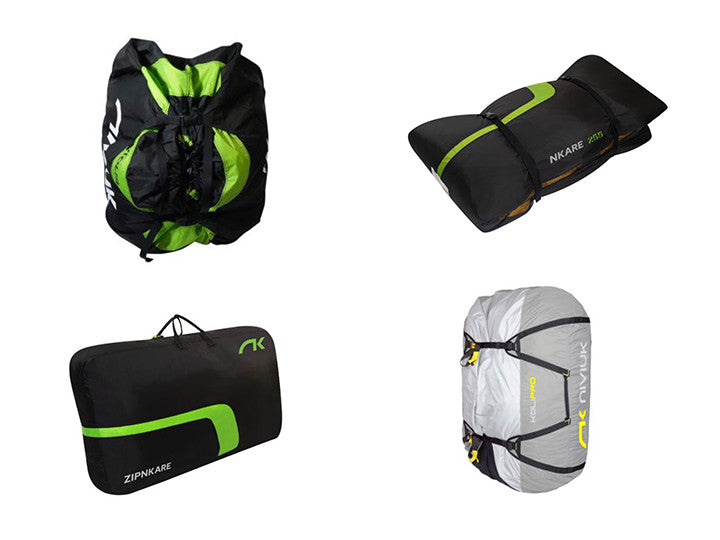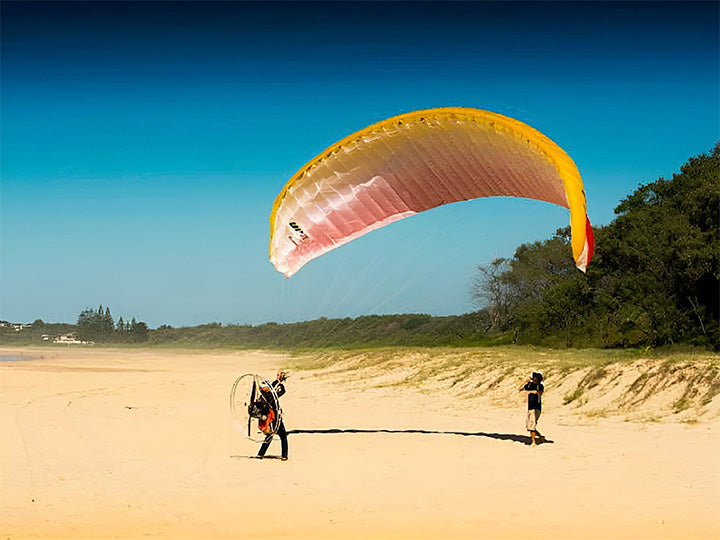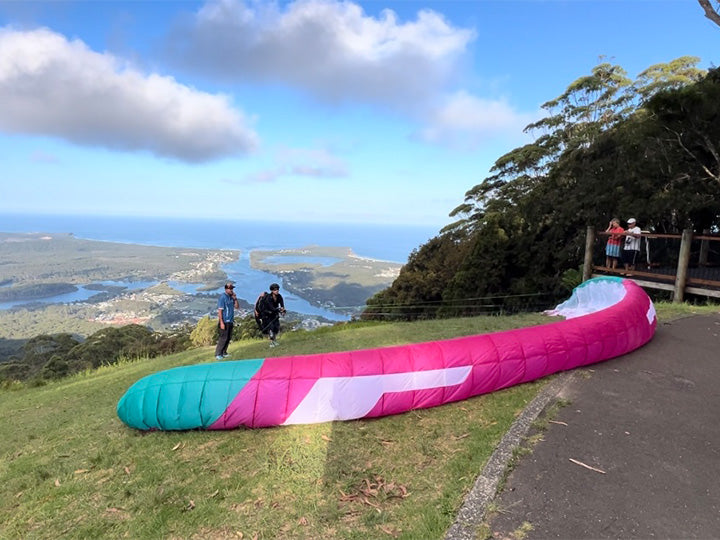How to Choose the Perfect Paramotoring Course for You: A Comprehensive Guide
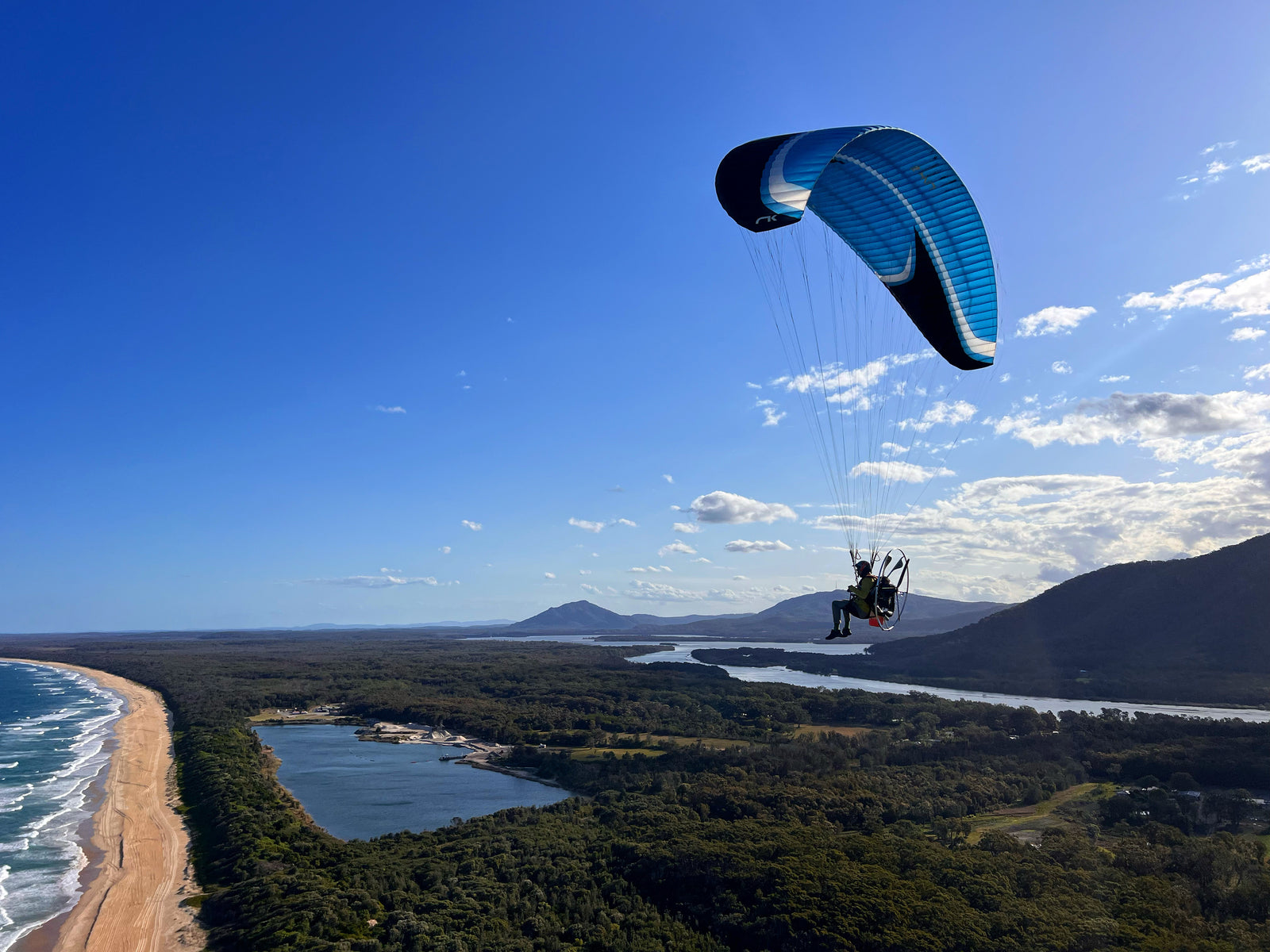
Paramotoring, a thrilling and accessible form of powered paragliding, has recently gained immense popularity among adventure enthusiasts. Whether you're a novice looking to embark on your paramotoring journey or an experienced pilot seeking to hone your skills, enrolling in a paramotor course is essential. However, with many options available, finding the perfect paramotor course can be daunting. In this comprehensive guide, we'll walk you through the key factors to consider when selecting a paramotor course that suits your needs.
Understanding Paramotoring Courses
Before we dive into choosing a paramotor course, it's crucial to understand what these courses entail and why they are essential.
What is a Paramotor Course?
A paramotor course is a structured training program designed to teach individuals how to operate a paramotor safely. Paramotoring involves flying with a lightweight, motorised backpack (paramotor) attached to a paramotor wing. These courses cover various aspects, such as ground handling, flight training, meteorology, safety procedures, and equipment maintenance.
Why Take a Paramotor Course?
While it's tempting to try paramotoring on your own, proper training is vital for your safety and the safety of others. Paramotor courses provide essential knowledge and skills, reduce the risk of accidents, and help you become a responsible pilot. In many regions, an accredited paramotor course is legally required to obtain a pilot's license or permit.
Factors to Consider When Choosing a Paramotor Course
Now that you understand the importance of paramotor courses let's explore the key factors to consider when selecting the perfect one for you:
Instructor Credentials and Experience
The instructor plays a pivotal role in your paramotoring journey. Look for courses taught by certified instructors with extensive experience in paramotoring. Check their qualifications, certifications, and track records. Experienced instructors impart knowledge effectively and provide valuable insights and mentorship.
Course Curriculum
Examine the course curriculum in detail. A comprehensive paramotor course should cover a wide range of topics, including:
- Ground handling techniques
- Launching and landing techniques
- Pre-flight and post-flight checklists
- Flight theory and aerodynamics
- Weather interpretation and safety protocols
- Navigation and airspace regulations
- Emergency procedures
- Equipment maintenance and repair
Ensure your chosen course covers these essential elements and offers a balanced theoretical and practical training mix.
Training Duration
Paramotor courses vary in duration, from a few days to several weeks. The length of the course depends on factors such as your prior experience, the course's intensity, and the weather conditions in your area. A "straight-through" paramotor course run over one dedicated block of time (e.g. 14 days) can be advantageous compared to a course running over multiple short blocks (e.g. weekends) spread over a longer timeframe, as adverse weather conditions can often cause delays over multiple short blocks, extending the timeframe of a course longer than anticipated. Consider your availability, commitment level and desired timeframe when selecting a course duration.
Location and Weather
The location of the paramotor course is critical. Ideal training locations have open spaces, minimal obstacles, and favourable weather conditions. Check whether the course location suits consistent training, and inquire about the course's policy for rescheduling due to inclement weather.
Equipment and Facilities
Inspect the quality and condition of the equipment provided during the course. A reputable paramotor course should offer well-maintained paramotors, paragliders, helmets, and other safety gear. Additionally, check if the course provides classroom facilities, simulators, and debriefing areas.
Student-to-Instructor Ratio
A low student-to-instructor ratio ensures personalised attention and effective learning. Smaller class sizes enable instructors to tailor their instruction to individual student's needs, making it easier to address questions and concerns.
Safety Measures
Safety should be a paramount concern when choosing a paramotor course. Inquire about the safety protocols, emergency procedures, and the instructor's approach to risk management. Look for courses that prioritise safety above all else.
Reviews and Testimonials
Research and read reviews and testimonials from past students. Feedback from others who have completed the course can provide valuable insights into the quality of instruction and overall experience.
Costs and Fees
Paramotor courses can vary significantly in cost. Compare the fees of different courses, but avoid making cost the sole determining factor. Quality training is essential for your safety and enjoyment of the sport.
Certification and Licensing
Check if the course leads to a recognised certification or pilot's license. Understanding the requirements for obtaining a pilot's license in your region is crucial, as it may impact your choice of course.
Conclusion
Choosing the perfect paramotor course is a significant decision that can shape your paramotoring journey. By considering factors such as instructor qualifications, course curriculum, location, safety measures, and student-to-instructor ratio, you can make an informed choice that aligns with your goals and ensures a safe and enjoyable paramotoring experience.
Remember that paramotoring is both an exhilarating adventure and a responsibility. Proper training through a reputable paramotor course equips you with the skills to fly safely and fosters a deeper appreciation for the sport and its community. So, take your time, do your research, and embark on your paramotoring journey with confidence and excitement, knowing that you've chosen the perfect course for you.
Ready to take flight? Join High Adventure for world-class paramotor training and embark on your skyward journey today!


